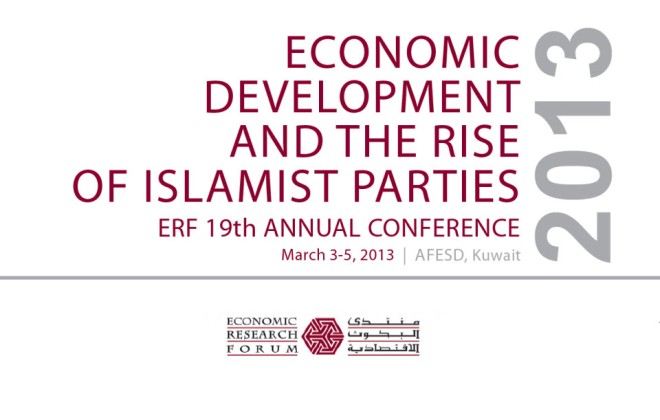 The political upheavals, which swept the Arab World in early 2011 ushered in Islamist political parties in Egypt, Tunisia, and potentially elsewhere in the region. The rise of political Islam in the Middle East is contended by some to be the consequence of multidimensional crises experienced by the region. Economists and political analysts argue that some of these explanations may include failed economic policies, widespread authoritarianism, increasing unemployment, corruption and rapid urbanization.
The political upheavals, which swept the Arab World in early 2011 ushered in Islamist political parties in Egypt, Tunisia, and potentially elsewhere in the region. The rise of political Islam in the Middle East is contended by some to be the consequence of multidimensional crises experienced by the region. Economists and political analysts argue that some of these explanations may include failed economic policies, widespread authoritarianism, increasing unemployment, corruption and rapid urbanization.
ERF’s 19th annual conference Economic Development and the Rise of Islamist Parties aims to understand the causes behind the rise of Islamist parties, the conditions under which they succeed and the likely outcome in Arab Spring countries. The conference, to be held March 3-5 2013, will be hosted by the Arab Fund for Economic and Social Development (AFESD) in Kuwait.
The conference will gather key world economists and political scientists like Nathan J. Brown (George Washington University), Michele Dunne (The Atlantic Council), Jean Philippe Plateau (University of Namur and University of Oxford), Hussein El Kazzaz (Office of the President, Egypt), and many other distinguished speakers.
Conference proceedings and discussions will be published here on the ERF blog. There will be blogs posts, stories, videos interviews, and more to inform readers and provide them with a chance to participate in the conference discussions as they happen. Follow ERF’s twitter account(@ERFLatest) and this blog and join in the conversation online.
